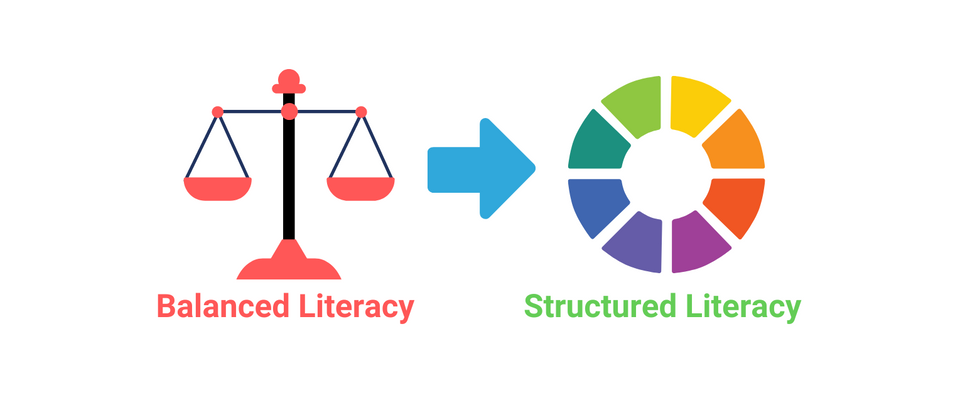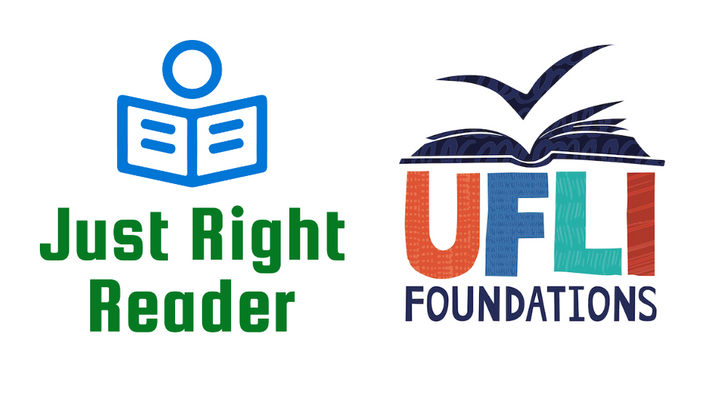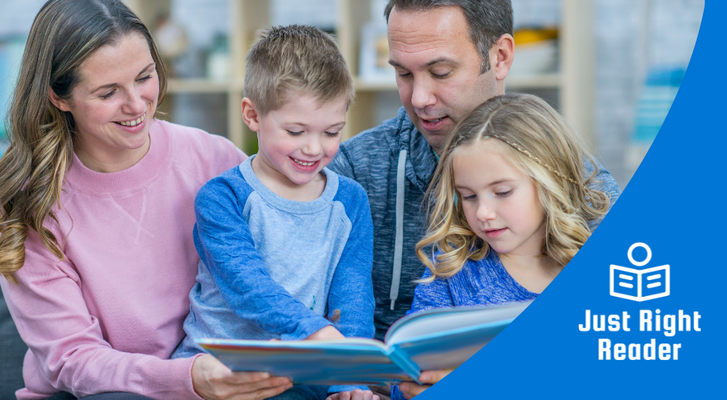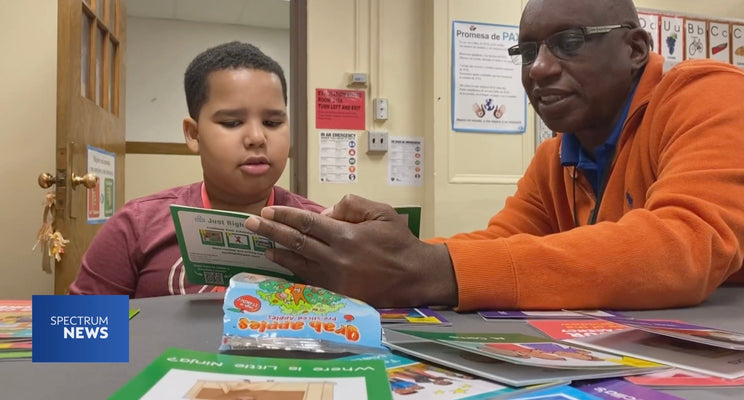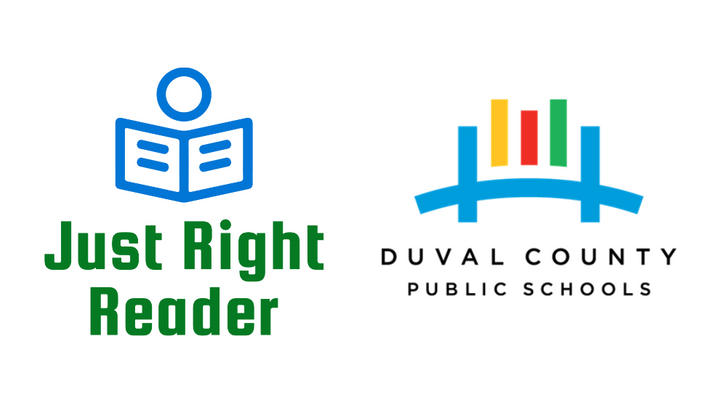
The beginning of the school year is the perfect time to establish reading goals that will boost literacy skills and foster a lifelong love for reading.
Use this guide to help your students set achievable reading goals using decodable books.
Why use decodable books to set reading goals?
Decodable books, or decodable readers, are crucial in supporting beginning readers. They boost reading confidence and achievement by providing structured practice of the phonics skills they’re learning in class—all within engaging and colorful stories.
Setting reading goals that incorporate decodable books helps educators give students the focused practice they need to become stronger readers.
How to Set Motivating Reading Goals
Student Involvement and Personalization
When setting goals with young readers, make sure they are engaging and tailored to their interests as much as possible. Encourage students to take ownership by involving them directly in the goal setting process. Ask questions about their favorite subjects, books they’ve enjoyed, and what they find challenging or exciting in a story.
Use the SMART Framework with a Twist

Adapt the SMART goals framework:
-
Specific: Choose a particular phonics skill(s) to practice.
-
Measurable: Set specific targets, such as a number of decodable books to read or a number of times to read each book.
-
Achievable: Ensure the phonics skill aligns with what the student has already learned. Handing students random decodables is not best practice.
Get started with these 10 tips for using decodable books.
-
Relevant: Select themes and subjects in decodables that interest the child.
- Time-bound: Set deadlines for practicing skills with specific decodables.
Tips for Using Decodables to Achieve Reading Goals
-
Routine: Establish a daily reading routine where decodable books are the primary resource available for students to read. This regular practice helps reinforce decoding skills.
-
Parent and Caregiver Engagement: Encourage parents to actively participate in their child's literacy development.
Learn how to communicate with parents about the importance of reading at home.
-
Progress Chart: Use a reading log or chart specifically for decodable books to track progress and celebrate achievements.
- Adjust Goals as Needed: Be flexible and adjust goals. If a goal becomes too easy or challenging, it’s okay to change it to keep kids engaged.
Communicate the Benefits of Decodable Books to Parents

Explain to parents what decodable books are and why they are important tools for learning to read. Providing parents with guidelines on using decodable books at home can make a difference in a child’s reading development.
Resources for Parents About the Importance of Reading at Home
Reading Tips for Parents
Reading Rockets Guide for Parents
What Makes Just Right Reader Science of Reading Decodables Special?
With extensiveClassroom Libraries andTake-Everywhere Literacy Packs, students have many opportunities to practice their decoding skills in engaging, connected text, which allows them to become strong readers.

Our Decodables feature:
- An extensive library of 750+ titles in English and Spanish
- Engaging and relatable stories with relatable characters and vibrant illustrations that motivate students to keep reading
- Evidence-based, rigorous phonics scope and sequence that aligns to all phonics programs and curriculums
- QR codes that link to memorable video lessons in English and Spanish
- Personalized Take-Everywhere Literacy Packs that extend phonics practice from school into homes




